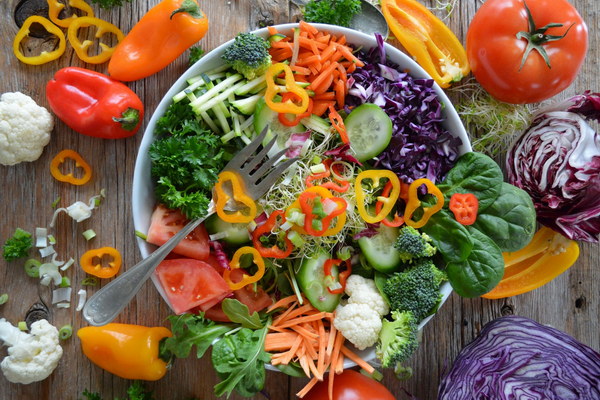Postpartum Week 3 What to Do If You Haven't Focused on Recovery Nutrition
After the initial excitement of welcoming a new baby into the world, many new mothers find themselves overwhelmed with the myriad of responsibilities that come with parenting. It's easy to overlook personal care, especially when it comes to postpartum nutrition, during this busy and often exhausting time. If you've found yourself in the situation where you haven't prioritized your recovery nutrition during the third week postpartum, don't worry—here are some steps you can take to get back on track.
First and foremost, it's important to remember that postpartum recovery is a gradual process. While it's ideal to start focusing on nutrition as soon as possible after giving birth, it's never too late to begin. The third week postpartum is still a crucial time for your body to heal and regain strength, so it's important to address any nutritional deficiencies at this stage.
Here are some tips to help you get back on track with your postpartum nutrition:
1. Consult with a healthcare professional: Before making any significant changes to your diet, it's essential to speak with your doctor or a certified lactation consultant. They can provide personalized advice based on your specific health needs and the nutritional requirements of breastfeeding.
2. Assess your current diet: Take a close look at your current eating habits. Are you consuming a balanced diet that includes a variety of fruits, vegetables, whole grains, lean proteins, and healthy fats? If not, identify the areas where you can improve and make small changes to incorporate more nutritious foods into your meals.
3. Increase your calorie intake: Depending on the type of delivery you had, your body may require additional calories to recover. If you're breastfeeding, you'll also need to consume extra calories to support milk production. Aim to increase your calorie intake by about 500 calories per day above your pre-pregnancy level.
4. Focus on protein: Protein is essential for healing and tissue repair. Include lean sources of protein such as poultry, fish, lean beef, tofu, legumes, and eggs in your diet. If you're vegetarian or vegan, ensure you're getting enough plant-based protein to meet your needs.
5. Stay hydrated: Proper hydration is crucial for postpartum recovery. Drink plenty of water throughout the day, and if you're breastfeeding, aim to drink even more. You can also incorporate hydrating foods like watermelon, cucumbers, and oranges into your diet.

6. Manage stress: Stress can impact your appetite and digestion. Find ways to manage stress, such as deep breathing exercises, meditation, or taking short walks to help improve your overall well-being and make it easier to focus on your nutritional needs.
7. Prepare meals in advance: Meal prepping can help ensure you have healthy, nutritious meals on hand when you're short on time. Prepare large batches of soups, stews, or casseroles that you can freeze and reheat throughout the week.
8. Seek support: Lean on friends, family, or neighbors for help with meal prep, childcare, or other tasks that may be taking away from your ability to focus on your nutrition. Remember, it's okay to ask for assistance during this challenging time.
9. Monitor your progress: Keep track of your food intake and any changes in your energy levels, mood, and milk supply. This will help you understand how your diet is affecting your recovery and allow you to make adjustments as needed.
Remember, postpartum recovery is a unique process for each woman, and it's important to be patient and kind to yourself during this time. By focusing on your nutritional needs and seeking support when necessary, you can help ensure a smooth and healthy recovery for both you and your baby.









